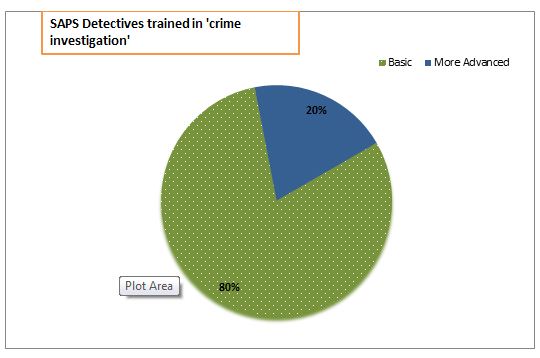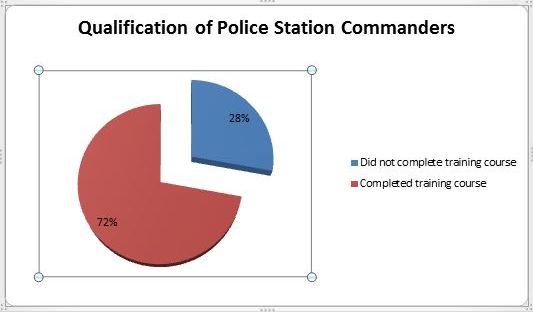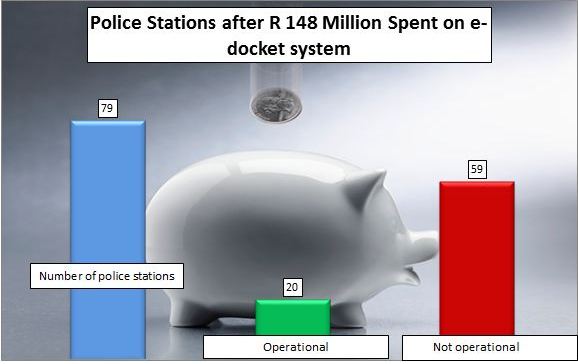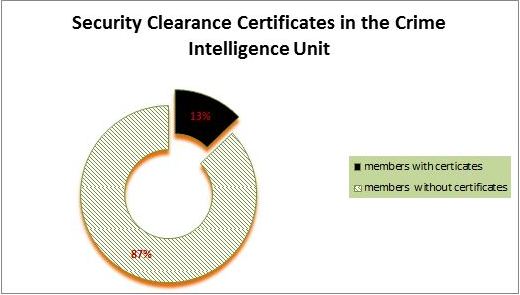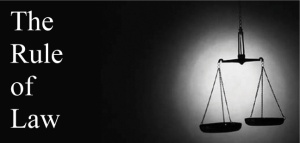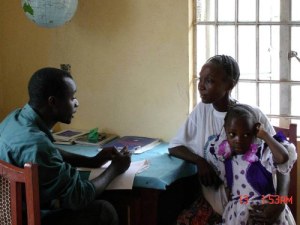
Oscar’s Oscar Pistorius at his bail hearing earlier this year. (Photo: News 24)
by Thandeka Kathi
The Oscar Pistorius murder case has received a lot of attention over the past month, both nationally and internationally. It has, for the most part, highlighted problems such as high levels of domestic violence, gender-based violence, and murder rates that plague South Africa. This has raised the question whether post-apartheid South Africa can still be seen as society based on democratic values, social justice and fundamental human rights. This is especially so with the recent media reports of widespread violence against women which has created the perception that there is no justice for victims.
It would be premature to say that justice has not been done in the Oscar Pistorius case because he has not been tried in a court of law. While I understand the public outrage over his release on bail, I cannot join the chorus of people who say that the outcome of his bail hearing was flawed and unjust. I think that Magistrate Desmond Nair’s decision was correct and based on legal precedent. However, Oscar’s appeal against his bail conditions should be dismissed, in my opinion.
One must remember that the role of a Magistrate at a bail hearing is not to determine whether the accused is innocent or guilty, but to determine whether it is in the interests of justice to release the accused. The accused has a constitutional right to be presumed innocent until proven guilty. This right is accompanied by the right to be released from detention if it is within the interests of justice, subject to certain conditions that the court may impose.
The Criminal Procedure Act (CPA) gives examples of when it might not be in the interest of justice to grant an accused bail: if he or she poses a risk to a certain individual or the public; if there is a possibility of the accused evading trial; if there is a possibility of the accused interfering with witnesses or tampering with evidence; if his release would undermine the objectives of the criminal justice system or disturb public order. Therefore, if an accused can show that he will not interfere with the evidence, evade trial or threaten witnesses, then he must be released on bail.
There was an uproar over the fact that Oscar, who was charged with a Schedule 6 offence, was granted bail even though he could not show “extra-ordinary” circumstances which are above and beyond those that are listed in the CPA. An accused charged with a Schedule 6 offence has to show exceptional circumstances which permit their release. However, the Constitutional Court has in the past said that “In requiring that the circumstances prove to be exceptional, the section does not say that there must be circumstances above and beyond and generically different from those enumerated” [in Section 60 of the CPA]. Therefore, the magistrate was correct in placing a lot of weight on the reasons given by the defence as to why Oscar would not be a flight risk, threaten witnesses or tamper with evidence.
The bail conditions that the defence and prosecution agreed upon were in line with the purpose of bail. For example, Oscar had to surrender his passports and report to a probation officer to ensure that he does not flee. He had to move out of his home, which was also the scene of the crime, to ensure that he would not tamper with any evidence or threaten witnesses. In agreeing to comply with these conditions, Oscar was able to satisfy the court that he should be granted bail.
What I personally find astonishing is the fact that Oscar now wants to appeal these conditions.
He wants to get his travel documents back, he does not want to report to a probation officer and he wants the blanket prohibition from communicating with his neighbours removed. He feels that it is unfair and unwarranted for him to have to report to a probation officer, to be denied access to his home, and to be prevented from speaking to his neighbours. What Oscar fails to realise is that the conditions that he wants to appeal are the probably the reason why he was granted bail in the first place.
For instance, if he is given back his travelling documents then there is a greater chance of his evading trial. If he is allowed access to his home, then there is a possibility of him tampering with evidence and if he is allowed to speak to his neighbours then he might interfere with witnesses. It seems like Oscar wants things to go back to normal but, according to his own affidavit, he killed someone and until we can be certain that “it was an accident”, he has to forgo some of his freedoms. To decide otherwise would be denying justice to Reeva Steenkamp and all the other victims of violence.
Thandeka Kathi holds an LLB from Rhodes University and is the Legal Intern at the Wits Justice Project.
